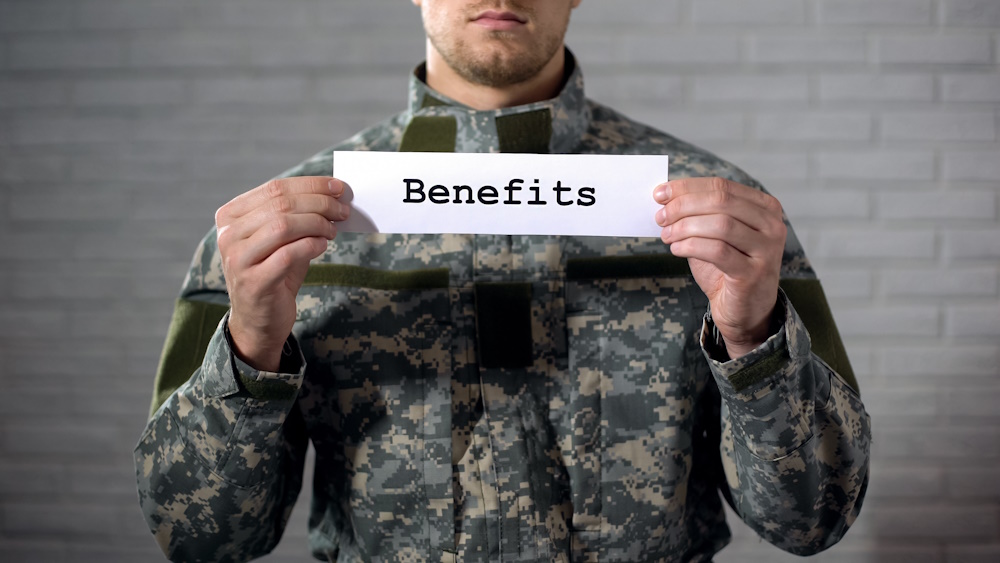Definition
The Transition Assistance Program (TAP) for Veterans is a U.S. Department of Defense (DoD) led initiative aimed at assisting service members, veterans, and their families during their transition from military to civilian life. TAP provides comprehensive resources, support, and training to aid in employment, education, entrepreneurship, and overall smooth transition. The program includes workshops, counseling, access to resources, and personalized plans tailored to individual needs.
Key Takeaways
- TAP is designed to aid veterans in their transition from military to civilian life, offering resources and support to help them adjust and succeed after their service.
- The program covers various aspects including employment counseling, financial planning, and access to mental health support and services, helping veterans achieve personal and professional goals.
- Participation in TAP is mandatory for separating service members, ensuring that they are well prepared and informed of all available benefits and resources throughout their transition.
Importance
The Transition Assistance Program (TAP) for Veterans is crucial because it provides vital resources and support to servicemen and women as they transition from military to civilian life.
This well-rounded program offers guidance on employment, education, and vocational training opportunities, alongside extensive information on the various benefits and entitlements available to veterans.
TAP’s primary goal is to greatly enhance veterans’ assimilation into civilian society, ensuring they can harness their valuable skills, experiences, and attributes in new, fulfilling ways, ultimately benefiting both themselves and their communities.
Explanation
The Transition Assistance Program (TAP) for Veterans is specifically designed to support service members and their families as they navigate the critical transition from military to civilian life. TAP’s primary purpose is to ensure that veterans, along with their loved ones, are fully equipped with the knowledge, tools, and resources necessary to successfully reintegrate into the civilian workforce and community.
By offering comprehensive guidance, TAP aims to mitigate the difficulties commonly faced during this process, including securing stable employment, molding entrepreneurial interests, and pursuing educational opportunities. The program also places a strong emphasis on promoting well-being and resilience during the adjustment period.
To fulfill its objectives, TAP provides a variety of services such as workshops, one-on-one counseling, and online tools that cover an extensive array of subjects relevant to veterans and their families. These include exploring career possibilities, preparing for job searches, building effective resumes, and mastering the art of networking, among others.
Furthermore, the program provides vital information regarding Veterans Affairs (VA) benefits, healthcare options, and financial planning to ensure that veterans can adequately support themselves and their families. By offering this comprehensive support system, TAP not only contributes to the professional success of veterans, but also facilitates the re-establishment of strong connections with their community, fostering an improved quality of life.
Examples of Transition Assistance Program (TAP) for Veterans
Employment and Job Training: A real-world example of the Transition Assistance Program in action is providing support to veterans seeking employment after their military service. The TAP process involves organizing job fairs and workshops, providing skill development courses, and offering assistance with resume writing and interview preparation. This helps veterans find suitable jobs and smoothly transition back into civilian life. For instance, the Department of Labor created the Veterans’ Employment and Training Service (VETS), which aids veterans to find meaningful employment and protects their employment rights.
Education Opportunities: Another real-world application of the TAP for veterans is guiding them in utilizing their VA education benefits to pursue higher education or professional training courses. The GI Bill provides financial assistance to veterans to cover tuition fees, study materials, and even housing costs. The TAP assists veterans in understanding their eligibility, applying for educational benefits, and finding the right programs and institutions to suit their career goals. In this aspect, the program helps veterans translate their military skills to civilian academic opportunities.
VA Healthcare System: TAP also plays a crucial role in connecting veterans with the healthcare support and resources they need after their military service. This includes orientation about VA healthcare facilities and benefits, assistance with enrollment, and facilitating access to physical and mental healthcare, addressing common issues like PTSD, depression, and other service-related conditions. For example, during the TAP workshops, veterans are educated about the comprehensive healthcare resources available through the VA, guiding them through the application process, and ensuring their eligibility for these services.
Transition Assistance Program (TAP) for Veterans
What is the Transition Assistance Program (TAP)?
The Transition Assistance Program (TAP) is a comprehensive program designed to help service members and veterans transition to civilian life after active duty. It provides valuable resources, tools, and training to ensure a successful transition, including assistance with employment, education, and healthcare benefits.
Who is eligible for the Transition Assistance Program?
All service members who are separating or retiring from active duty, as well as their spouses, are eligible for TAP. This includes members of the National Guard and Reserves who have been on active duty for over 180 days. It is recommended to start the TAP process at least 12 months prior to your separation or retirement date.
What services and resources does TAP provide?
TAP offers a variety of services, including career planning, job search assistance, resume building, interview skills training, professional networking, information on VA benefits, financial planning, health care and mental health services, and access to education resources and certifications.
How do I enroll in TAP?
You can enroll in TAP through your local military installation’s Transition Assistance Office. In most cases, you will need to attend a pre-separation briefing, where you will receive information about the program and the services it provides. You can also access some TAP resources online through the Department of Defense’s TAP Virtual Curriculum website.
Are there any other resources available to veterans during their transition?
Yes, there are numerous other resources available for veterans during their transition to civilian life. Some of these include the Department of Labor’s Veterans’ Employment and Training Service (VETS), the Small Business Administration’s Office of Veterans Business Development (OVBD), the Department of Veterans Affairs’ Vocational Rehabilitation and Employment (VR&E) program, and various non-profit organizations dedicated to assisting veterans with their transition.
Related VA Benefit Terms
- Post-9/11 GI Bill
- Vocational Rehabilitation and Employment (VR&E)
- Relocation Assistance
- Career Counseling
- Family Support Services
Sources for More Information
- U.S. Department of Veterans Affairs
- Transition Assistance Program (TAP)
- Military.com Veteran Services
- National Resource Directory
 Benefits.com Advisors
Benefits.com Advisors
With expertise spanning local, state, and federal benefit programs, our team is dedicated to guiding individuals towards the perfect program tailored to their unique circumstances.
Rise to the top with Peak Benefits!
Join our Peak Benefits Newsletter for the latest news, resources, and offers on all things government benefits.


















